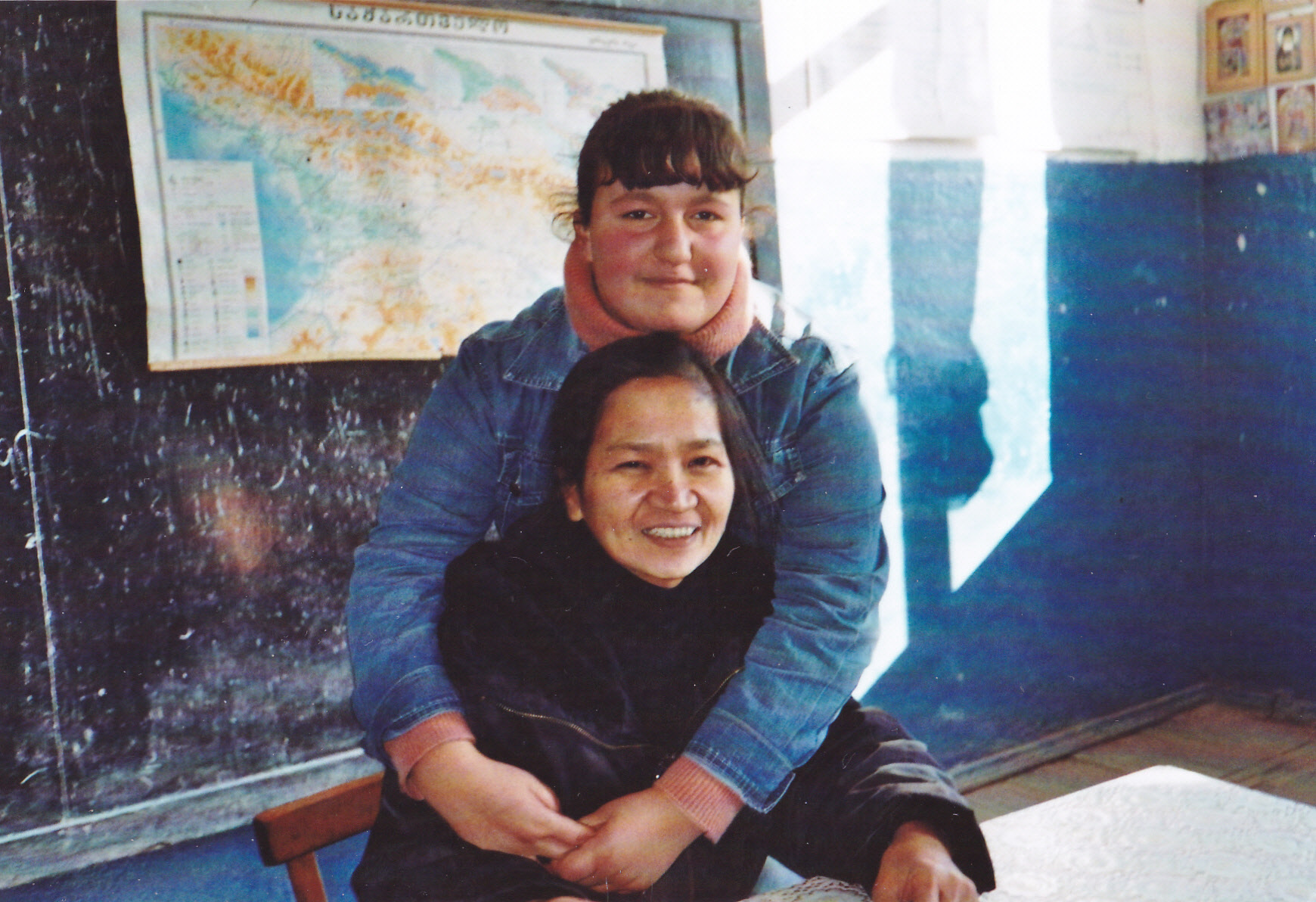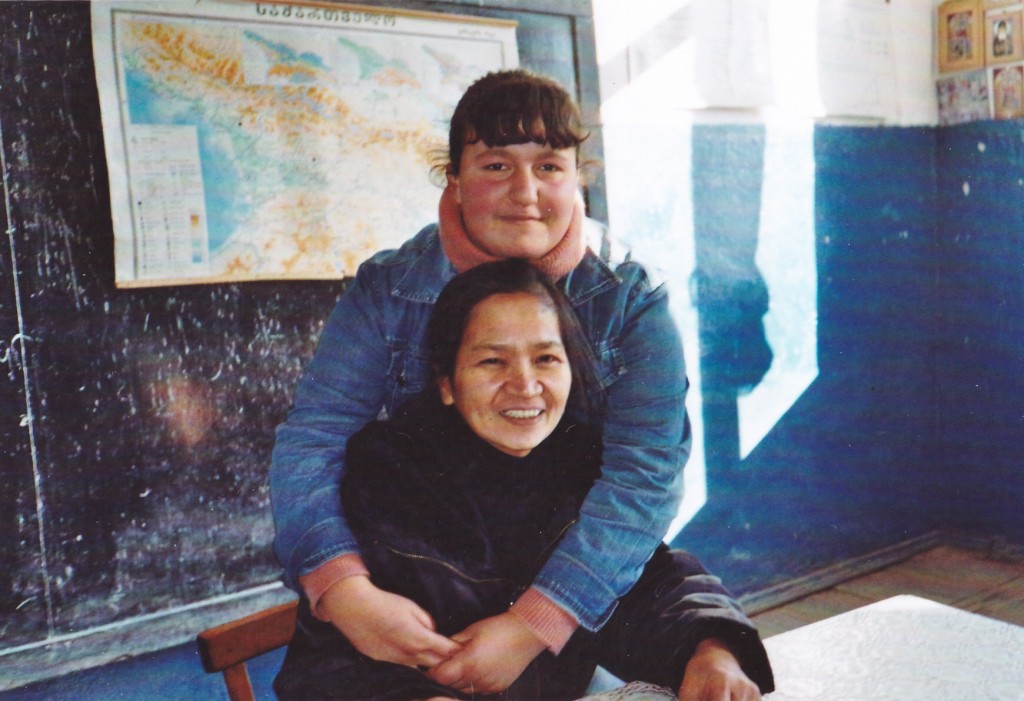Tips For Getting Along With Your Co-Teacher


The first time that you meet your co-teacher, remember that first impressions matter! On the first day at your school, you might be feeling all sorts of emotions; it’s normal to be feeling excited, a little overwhelmed, or even a bit worried. When you meet your Georgian co-workers and co-teachers, stay positive, be friendly, and, of course, smile! No one wants to be working with someone who seems unenthusiastic.
Before you go into your first class, have a conversation with your co-teacher to clarify what your roles and responsibilities will be. Even among different teachers in the same school, the co-teacher’s role can vary a lot. Make sure that both of you know up front what is expected of you, and what is expected of the co-teacher. Who is responsible for classroom discipline? What about attendance, keeping track of students’ grades and progress, and obtaining lesson materials? Establishing clear responsibilities at the outset can save you the hassle, blame, and frustration of trying to figure things out on the fly.
It’s important to clarify what you need from your co-teacher during class. If a student is struggling, if you are having trouble keeping the class in order, or if you need some materials for the lesson but aren’t sure where to find them, you should feel comfortable asking your co-teacher for help. While you need to be clear and confident in your directions, be careful not to come off as bossy. Start out with things like: “Could you help me out with…” or “I need some help with…”
If you and your co-teacher do have any problems, miscommunications, or disagreements, address them outside of class. You may have a different teaching and discipline style from your co-teacher, but when she is in charge, back her up. Ask her to do the same for you. It can be a big problem in a classroom when two teachers are in disagreement and are frequently undermining and contradicting one another.
Finally, trust your co-teacher’s advice. Whether you have had teaching experience or not, you certainly have your own ideas about discipline, classroom management, and lessons. Some of these ideas, however, may not work well in a Georgian classroom, or for your specific students. What you see as a perfectly reasonable discipline plan may seem harsh and uncompromising to your students and co-teachers. Remember that you are the newcomer to this school, while your co-teacher likely knows the students and classes quite well. Listen to your co-teacher’s advice, trust her knowledge of the culture and students, and be willing to compromise and work together.
Take the time and make the effort to build a good relationship with your co-teacher. And even if you do have a few disagreements, remember that ultimately, both of you have the best interests of the students at heart. Clear communication, compromise, and friendliness not only help make your time teaching more enjoyable, they also help create an environment where your students can learn. And that, ultimately, is the most important goal of a teacher.




3 Responses
In my experience co-teachers don’t necessarily have more experience and aren’t better teachers. It depends on you, your experience and luck, but I think you’re better off without them.
Teaching independently mostly eliminates those problems.
[…] variability even when teaching English with EPIK. In any aspect of your new life in Korea – co-teacher friendliness, apartment, location, commute, schedule, principal. -, there will be someone who has it better […]
[…] really want to make sure that you get along with your co-teacher and your boss and cultural differences can flow into these two relationships. One thing I have […]